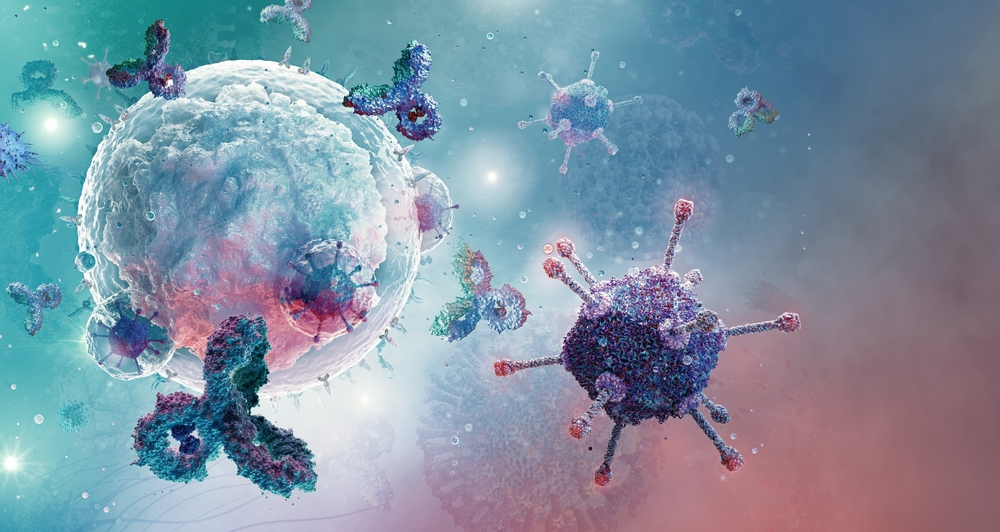The boundaries of clinical immunotherapy for cancer have been pushed by the development of cancer-killing T cells that target tumors, therapies that block immune checkpoints to rearm cytotoxic T cells, and the optimization of engineered chimeric antigen receptor (CAR) T cells. But there remain limitations when immune functions that have evolved to clear fast-invading pathogens are repurposed to eradicate slow-growing tumors. In the latest Science issue, Allen et al. and Li et al. present synthetic biology-based strategies that are not limited by “natural” immunology and expand the scope of immune responses elicited by CAR T cells against diseased tissues. Li et al. describe synthetic gene circuits in which cell functions (including cytokine production and CAR expression) can be activated on demand with the timed administration of a drug. Allen et al. introduce synthetic gene circuits that trigger the production of the cytokine interleukin-2 (IL-2), a specific growth factor for T cells, only at the time that CAR T cells are in direct contact with tumor cells.

